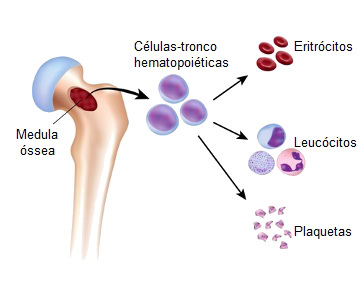You may have heard an older woman complaining about the menopause,Is not it? This is a problem common to all women and occurs mainly in older women. Let's know more about this natural process of lifefemale?
As we get older, the body goes through several changes, the main one being the end of reproductive age, that is, the end of the ability to have children. Usually the end of a woman's reproductive capacity occurs around the age of 40; but, in some women, this can happen early.
As we know, during the reproductive phase, a woman eliminates one or more eggs every month — more correctly called secondary oocytes — in a process called ovulation. When there is no fertilization, that is, when the woman is not pregnant, a phenomenon called menstruation.
This process generally takes place every month until the woman reaches a stage known as climacteric, which is the moment of transition between the reproductive phase and the one in which the woman will not be able to bear more children. This phase is an extremely important moment for women, as it is the last menstruation, also called menopause.
The climacteric period, in most cases, is accompanied by several unpleasant symptoms. However, some do not even feel the changes resulting from this phase. Among the main symptoms of climacteric, we can mention the sudden heat, dizziness, chills, excessive sweating, headaches, pain when urinating, palpitations, anxiety, mood swings, irritability, depressive conditions, insomnia, among others. All these problems are due to the decrease in female hormones: estrogen and progesterone.
In addition to the problems mentioned, the decrease in hormones at this stage causes wrinkling of the skin and fragility of the nails and bones. Weak bones trigger a problem well known to the elderly: osteoporosis, which significantly increases the risk of breaking these structures. The onset of menopause is also related to the increased development of heart disease.
Therefore, it is clear that the climacteric phase and the menopause event can be a period of great stress for women. Therefore, it is recommended that hormone replacement therapies be carried out in order to overcome the lack of hormones and, consequently, reduce the symptoms caused by this phase.
For a long time, replacement drugs were recommended. However, as some studies have reported harm resulting from the use of these products, doctors currently recommend changes in diet, especially using soy.
By Ma. Vanessa dos Santos



